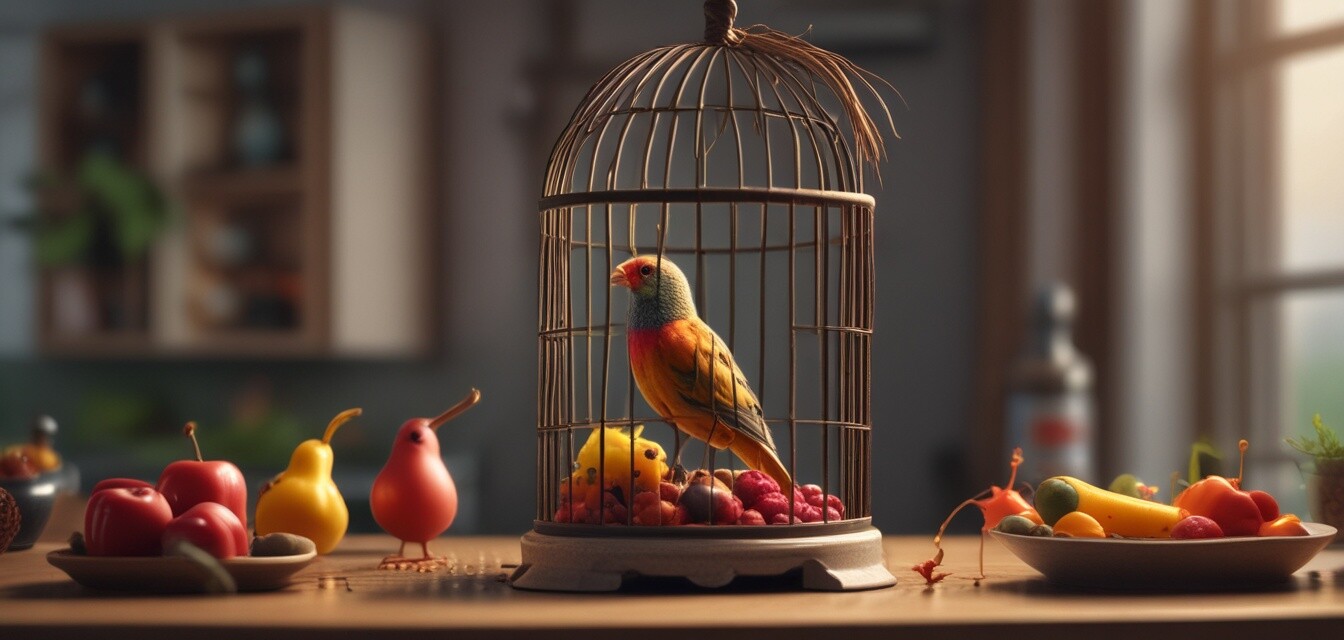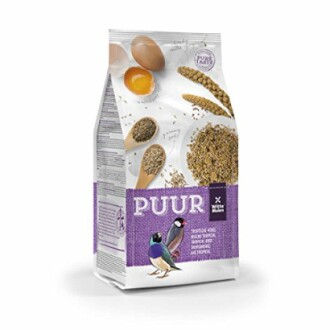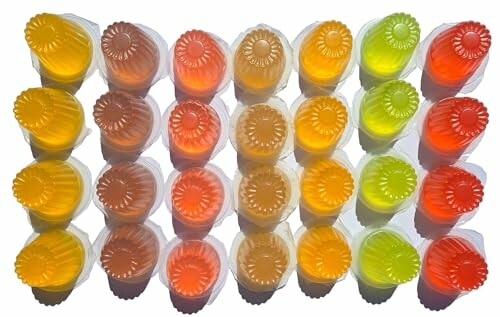
Managing Weight Issues in Cage Birds
Key Takeaways
- Understanding the importance of managing your bird's weight for overall health.
- Implementing dietary adjustments tailored to your bird’s specific needs.
- Encouraging active playtime to promote a healthy lifestyle.
- Regularly monitoring your bird's weight and health indicators.
- Utilizing nutritious treats and foods for rewarding and motivating your birds.
Caring for your cage birds means ensuring they stay healthy and maintain a balanced weight. Obesity in birds can lead to significant health issues, including heart disease, liver problems, and mobility challenges. This article covers strategies and tips for preventing and managing obesity in cage birds, offering practical advice on dietary adjustments and active playtime recommendations.
Understanding the Importance of Weight Management
Just like any other pet, maintaining a healthy weight is crucial for birds. Overweight birds can struggle with everyday activities, leading to stress and a decrease in their overall quality of life. Here are some reasons why weight management matters:
- Better mobility and activity levels.
- Reduced risk of chronic diseases.
- Improved lifespan and vitality.
- Enhanced interaction with their environment.
Identifying Weight Issues in Cage Birds
It’s essential to regularly check your bird's weight and overall health. Here are some signs to identify if your bird may be overweight:
- Difficulty perching.
- Inability to groom properly.
- Changes in flying habits.
- Protruding breast bone that is difficult to feel.
To ensure your bird stays healthy, consider consulting with a veterinarian for regular check-ups and guidance tailored to your bird's specific species.
Dietary Adjustments
One of the main factors influencing your bird's weight is its diet. Here are some dietary strategies:
1. Balanced Diet Composition
Your bird's diet should consist of a mix of pellets, fresh fruits, and vegetables. An ideal diet may look like this:
| Food Type | Examples |
|---|---|
| Pellets | High-quality commercial bird pellets |
| Fruits | Apples, pears, bananas |
| Vegetables | Carrots, leafy greens, broccoli |
2. Incorporate Healthy Treats
When rewarding your bird, opt for nutritious options. Here are two excellent suggestions:
Parrot Essentials PUUR Tropical Bird Seed Mix
A premium bird seed mix designed to promote vitality and vibrant feathers while stimulating appetite.
Learn More24 Fruit Cups Jelly Treats for Parrots
Mixed fruity jelly pots high in vitamins A and C to provide nutritious and fun treats for your birds.
Learn More3. Avoid Harmful Foods
Be cautious of foods that may lead to weight gain, including:
- High-fat seeds and nuts
- Processed or sugary foods
- Human snacks or table scraps
Active Playtime Recommendations
Encouraging your bird to be active is just as vital as dietary management. Here are some engaging activities:
- Provide climbing toys and ropes to encourage movement.
- Use interactive toys that require foraging and problem-solving.
- Engage in play sessions with your bird using safe household items like boxes or paper.
- Consider a bird-safe harness for supervised outdoor experiences.
Regular Health Monitoring
Consistent weight monitoring is essential to ensure your bird's health:
- Weigh your bird weekly using a safe scale.
- Take notes of any weight changes.
- Consult a veterinarian for advice if there are significant fluctuations.
Conclusion
Managing weight issues in cage birds is vital for their overall health and well-being. By implementing proper dietary adjustments, encouraging active playtime, and regularly monitoring their health, you can ensure your feathered friends lead happy and active lives. For more information on suitable diets and health care for birds, feel free to check out our Cage Bird Health and Care category.

